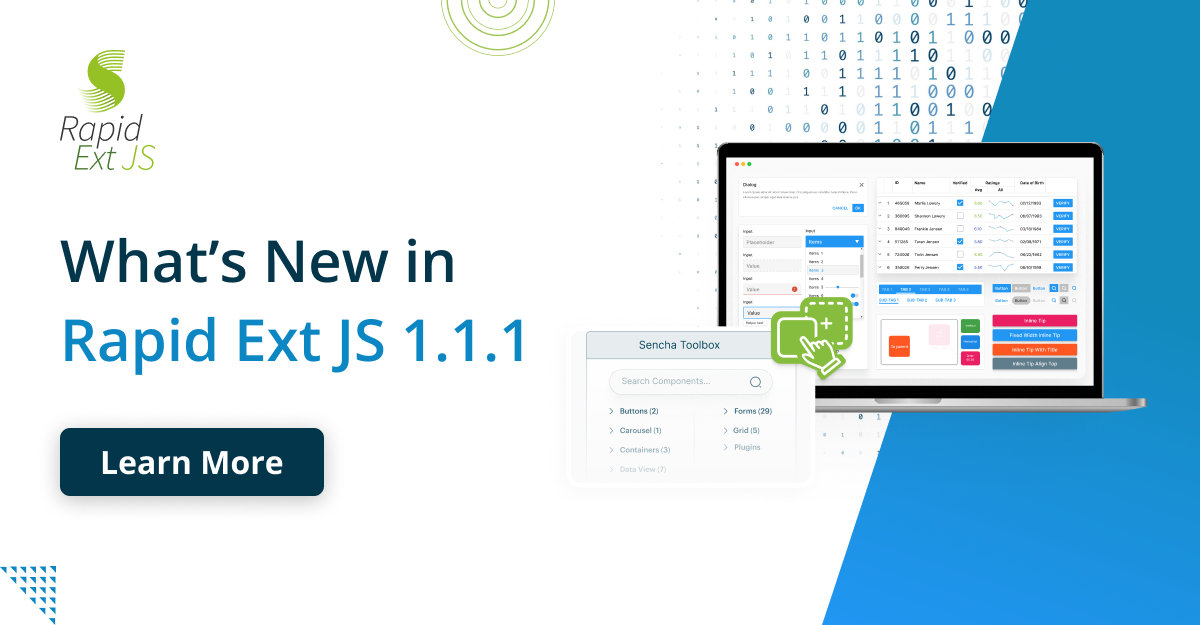Announcing the New Sencha Complete — Touch Charts, Designer 1.2, and a Special Promo Price!
Today, we’re happy to announce an all-new Sencha Complete. In addition to a commercial license of Ext JS 4, Sencha Touch, and an annual Standard or Premium Support subscription, Sencha Complete now includes a commercial license to “Sencha Touch Charts”:https://www.sencha.com/blog/sencha-touch-charts-now-available/ — our data visualization add-on to Sencha Touch — and the new Ext Designer 1.2 with support for Ext JS 4.
Purchasing Sencha Complete is a great way to get all of the desktop and mobile JavaScript frameworks and tools to help you develop amazing web applications. Plus, you’ll get the backing of our Sencha Support team and community forums with the included Standard or Premium Support subscription.
To celebrate the enhanced and expanded Sencha Complete, we’ve made the price even more attractive. Sencha Complete is now available at a special price of $845 for a 1-pack license (see our online store for 5-pack and 20-pack prices).
So go ahead and head over to the “Sencha Store”:https://www.sencha.com/store/ and find which bundle is right for you.

Did you know that nearly 90% of startups fail? And one of the biggest reasons…

The Sencha team is excited to announce the latest Sencha Rapid Ext JS 1.1.1 release…

React is perhaps the most widely used web app-building framework right now. Many developers also…









